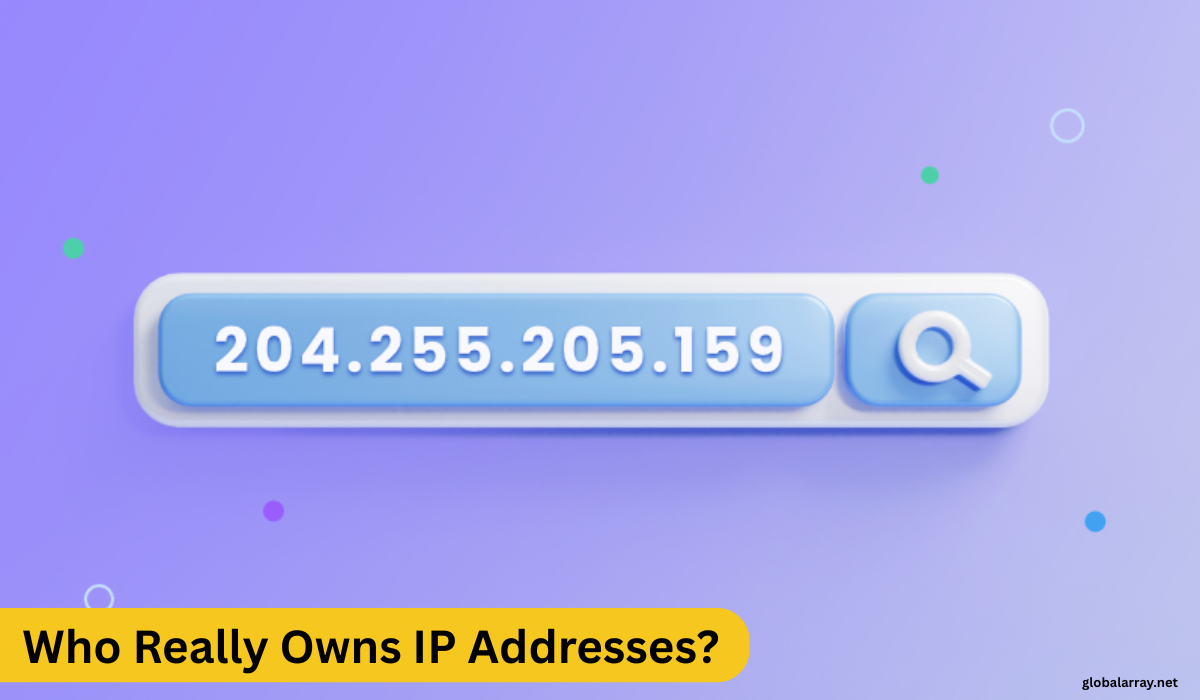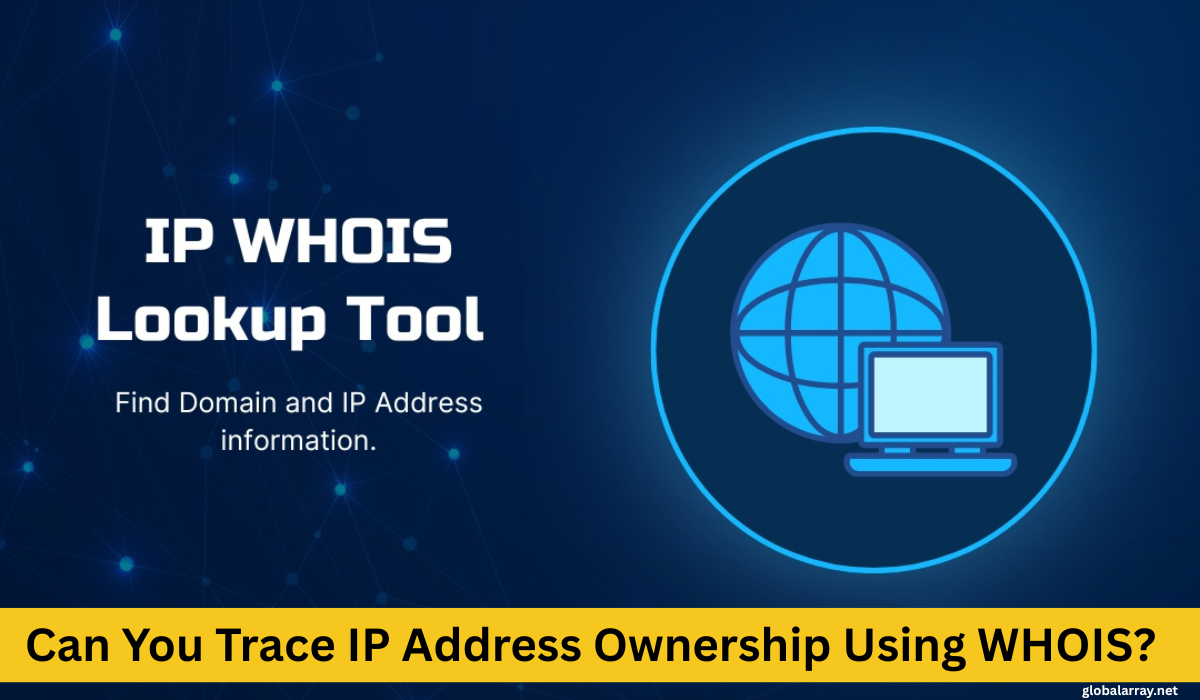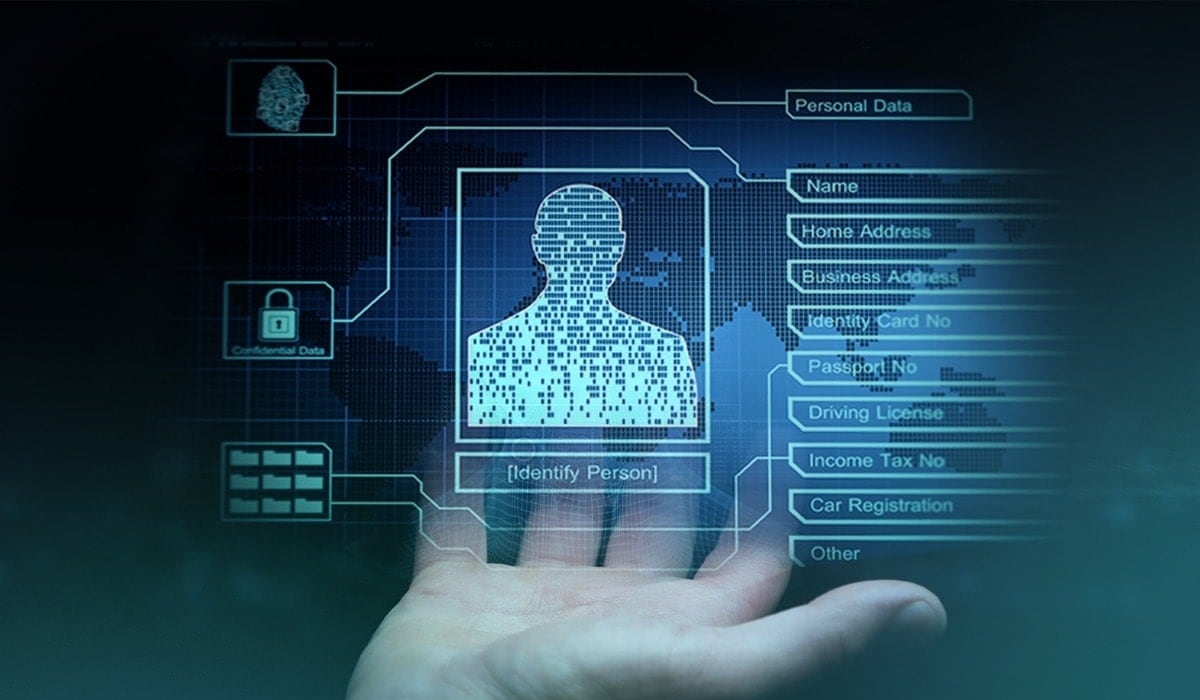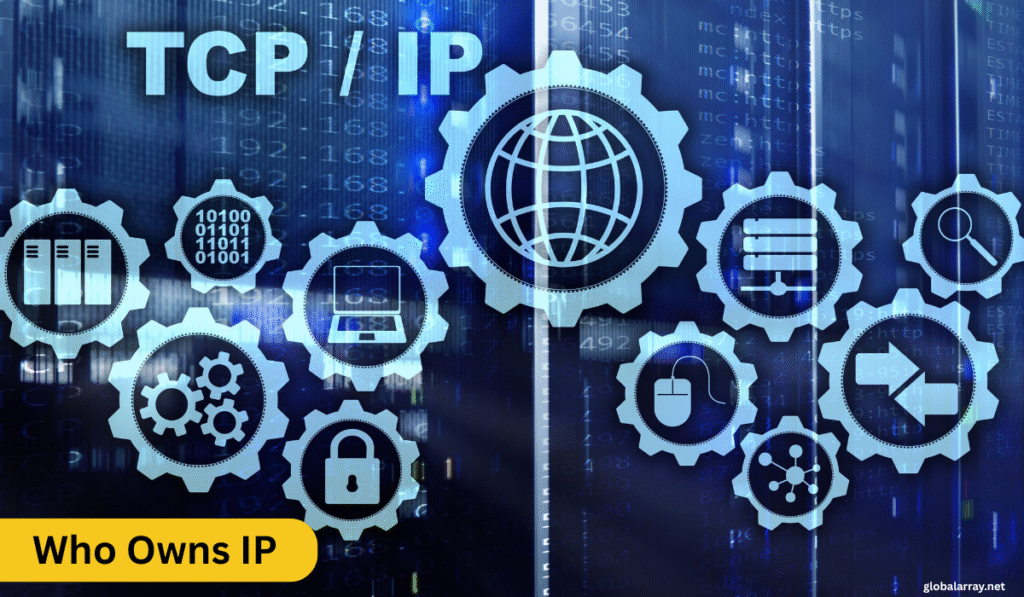Who Owns IP is a common question for anyone using the internet. IP addresses are like digital house numbers, but they aren’t always owned by the user. Understanding IP ownership helps protect your data, improve online privacy, and avoid technical or legal issues while using web services.
Why IP Ownership Matters in the Digital Age
More than just a series of digits, your IP (Internet Protocol) address is a crucial component of your online persona.In today’s interconnected world, understanding who owns IP addresses is crucial for privacy and security. Knowing the ownership of IP addresses helps prevent cybercrime, ensures better control over your data, and is vital for businesses and individuals alike. Who owns IP? This question goes beyond technical jargon and dives into legal, corporate, and personal realms.
Who Really Owns IP Addresses?

When we talk about IP ownership, it’s important to understand the distinction between allocation and legal ownership. IP addresses are typically allocated by Internet Service Providers (ISPs) or Regional Internet Registries (RIRs), but the actual ownership often belongs to the organization that holds the address block. It’s crucial to know that ownership doesn’t always mean control over how the IP is used—it often refers to the rights granted by RIRs.
Also Read Our Article: Can You Get a Phone Number from an IP? Truth vs Myth
What is an IP Address and Why Does It Matter?
Devices communicate over the internet using unique identifiers called IP addresses. Whether you are using a laptop, smartphone, or any other connected device, it serves as a digital address for your device.
| Feature | Static IP | Dynamic IP |
|---|---|---|
| Changes Over Time | Never changes | Changes periodically |
| Ideal Usage | Web hosting, gaming servers | Personal internet usage, browsing |
| Privacy | Less privacy, identifiable | More privacy, harder to track |
| Cost | Generally more expensive | Less expensive, often free |
Types of IP Addresses (Static vs. Dynamic)
Static IP addresses remain the same, allowing for easier identification and communication, while dynamic IP addresses change regularly, offering more privacy and security for users.
How IP Addresses Identify Devices on a Network
To enable communication between devices, each internet-connected device is given a unique IP address. This address is essential for directing web traffic to the correct destination, just like a street address is for physical mail.
Who Controls and Manages IP Addresses Globally?
Role of IANA and ICANN
IANA (Internet Assigned Numbers Authority) and ICANN (Internet Corporation for Assigned Names and Numbers) are responsible for overseeing global IP address distribution. They ensure the IP address space is allocated in an organized and efficient manner.
Regional Internet Registries (RIRs)
Organizations like ARIN (American Registry for Internet Numbers), RIPE (Réseaux IP Européens), and APNIC (Asia Pacific Network Information Centre) manage IP address allocation within their respective regions. These organizations play a crucial role in managing IP resources and ensuring that addresses are distributed properly.
Do Internet Service Providers Own Your IP Address?
How ISPs Assign IPs to Users
Your ISP gives you an IP address when you connect to the internet.This means that the IP address is technically owned by the ISP, but it’s temporarily assigned to you for the duration of your internet session.
Temporary vs. Permanent Ownership
Most IP addresses assigned by ISPs are dynamic and temporary. However, businesses or individuals with specific needs may request a static IP, which offers permanent ownership and better control over the device’s online presence.
Responsibility vs. Ownership in Legal Terms
Although ISPs allocate IP addresses, the legal ownership of an IP address can differ. In many cases, ISPs may have responsibility for the IP address allocation, but the entity using it might have limited rights to control it.
Legacy IP Address Holders: What Are They?
Legacy IP address holders refer to the entities that were allocated IP address blocks before the widespread adoption of modern allocation protocols. These holders often have older, larger blocks of IP addresses, which were granted before the introduction of stricter rules for IP address distribution.
| Legacy IP Block Allocation Date | Original Allocation | Current Owner | Remarks |
|---|---|---|---|
| Pre-1990s | Early networks | Various entities | Still in use by original owners |
| 1990s-2000s | Allocated to businesses | Varies by region | Some blocks still held, some leased |
Definition and Background of Legacy IPs
Legacy IPs are older IP address blocks that were allocated before the current IP address management system was implemented. These blocks are still in use today, often belonging to organizations that originally received them.
Why Legacy IPs Still Exist and Who Owns Them
Some of these legacy IPs are still owned by their original holders, even if they no longer actively use them. These IP addresses are sometimes sold or leased to other companies, further complicating the ownership landscape.
Can You Trace IP Address Ownership Using WHOIS?

What is an IP WHOIS Lookup?
A WHOIS lookup is a tool that allows you to trace the ownership of an IP address. It offers comprehensive details, such as contact and registration information, about the company or person that owns the IP address.
How Accurate is WHOIS Data Today?
While WHOIS data can be helpful in identifying IP address owners, it’s not always 100% accurate. Some information may be outdated, and privacy regulations may limit the amount of publicly available data.
Legal Aspects and Restrictions on WHOIS Use
In some jurisdictions, WHOIS data is protected by privacy laws, making it illegal to use this data for certain purposes. It’s important to understand these legal boundaries when using WHOIS tools.
Legal Perspectives on IP Ownership
Are IPs Considered Personal Data under GDPR/CCPA?
Under regulations like the GDPR (General Data Protection Regulation) and CCPA (California Consumer Privacy Act), IP addresses may be considered personal data, depending on their use and context.
Court Cases and Precedents Related to IP Ownership
Legal cases have clarified IP ownership and its role in identifying individuals and organizations online. IP addresses are increasingly being used in court cases to trace online activities.
Ownership vs. Liability in Cybercrime Investigations
IP addresses are often crucial in cybercrime investigations, where ownership and liability issues come into play. Legal ownership may not always equate to responsibility for criminal activities conducted using that IP.
Are IP Addresses Safe and Private?
Can Someone Track You via Your IP?
Yes, one can use an individual’s IP address to track their internet activities and geographical location. . This is why IP privacy is a major concern for many users.
Common IP Privacy Risks and Exploits
IP addresses can be used by hackers to access networks or devices without authorization. IP tracking tools can also be used by marketers and even malicious actors for targeting.
Role of ISPs and Governments in Monitoring
Both ISPs and governments have the ability to monitor IP addresses for various reasons, including enforcing laws and regulations. This adds an extra layer of complexity to IP privacy.
Also Read Our Article: IP Address Miami Florida: Complete Geolocation Guide
How to Protect Your IP Address from Exposure
Using VPNs, Proxies, and Tor for Anonymity
A VPN (Virtual Private Network), proxy, or Tor network can help mask your IP address, providing better privacy and security while browsing online.
Secure Network Configurations and Firewalls
Properly configuring your network and using firewalls can help protect your IP address from unauthorized access or exposure to potential threats.
Best Practices for Public and Home Networks
When using public Wi-Fi or even private networks, be sure to follow best practices for securing your IP address and protecting your personal information.
Corporate Use of IP Addresses
When choosing between dedicated and shared IP addresses, businesses must consider the specific needs of their operations. A dedicated IP address offers enhanced performance, security, and reliability, making it ideal for tasks that require consistency, such as email marketing, web hosting, and SEO optimization. On the other hand, a shared IP can be more cost-effective but comes with risks like blacklisting and performance degradation due to resource sharing.
| Use Case | Dedicated IP | Shared IP |
|---|---|---|
| Email Marketing | Ensures higher deliverability, no blacklisting | Risk of blacklisting, lower email trust |
| Web Hosting | More control, stable performance | Shared resources, lower performance |
| SEO Optimization | Better for maintaining reputation | Can cause SEO penalties if misused |
Why Businesses Lease or Purchase Dedicated IPs
Many businesses opt for dedicated IPs for more control over their online presence, particularly for hosting websites or managing email marketing campaigns.
Risks of Shared IPs (Blacklisting, SEO Penalties)
Shared IP addresses can lead to blacklisting or SEO penalties, especially if one of the users engages in malicious activities.
Cloud Hosting, Email Marketing, and IP Management
In corporate environments, IP management is essential for cloud hosting, email marketing, and maintaining security protocols to protect IP ownership.
What Happens When Your IP Address Changes?
Reassignment of Dynamic IPs
When a dynamic IP changes, it can affect your online identity. ISPs frequently use this action in order to preserve IP addresses.
Digital Identity Persistence Despite IP Changes
Even if your IP address changes, your digital identity remains intact through other tracking methods like cookies or login credentials.
IP Spoofing and Fraudulent Use
IP spoofing involves falsifying an IP address to make it appear as though it is coming from a trusted source, which can lead to fraud or other illegal activities.
The Future of IP Ownership and Digital Identity

IPv6 and Abundance of IP Resources
With the transition to IPv6, there is an abundance of IP resources, allowing for more devices to connect without worrying about IP address shortages.
Blockchain, Decentralized ID Systems (DID), and Web3
Emerging technologies like blockchain and Web3 may revolutionize the way IP addresses are managed, providing decentralized control over digital identities.
Evolving Legal Definitions of Digital Ownership
As technology advances, the legal definitions of digital ownership are also evolving. The future of IP ownership will likely involve new regulations and protections for IP address owners.
Conclusion
Knowing who owns an IP address isn’t just a technical thing—it helps keep your online information safe, protects your privacy, and helps you avoid legal problems. Whether you’re just using the internet, running a business, or working in tech, it’s useful to understand who controls IP addresses so you can stay safe and use the internet the right way.
FAQS
Who is the IP owner?
The owner of an IP address is typically the organization or entity assigned that address block by a Regional Internet Registry (RIR) or Internet Service Provider (ISP). A WHOIS query, which yields information on the entity holding the address, can be used to identify the precise owner of an IP address.
Can I tell who owns an IP address?
Yes, a WHOIS lookup tool can be used to determine the owner of an IP address. This tool will provide details about the organization, ISP, or sometimes individuals associated with the IP address, including contact information and location.
Who owns the IP of a company?
The IP address of a company is typically owned by the company itself or the ISP that assigns the address to the company. Large companies may also own blocks of IP addresses, which are allocated across various devices and services they use.
Who owns the most IP?
Organizations like Google, Amazon, and Microsoft likely own the most IP addresses, given the scale of their global infrastructure and the vast number of devices and services they operate. ISPs also control significant amounts of IP address blocks.
Who controls IP?
IP addresses are managed and controlled by organizations like the Internet Assigned Numbers Authority (IANA), ICANN, and regional Internet Registries (RIRs). These organizations make certain that IP addresses are distributed effectively and in compliance with international internet rules.
WHOIS the first IP?
In the early days of the ARPANET, the internet’s forerunner, the first IP address was in use. The initial IP address used was part of IPv4, and it belonged to a test network. IANA was the first organization to manage IP address allocations.





